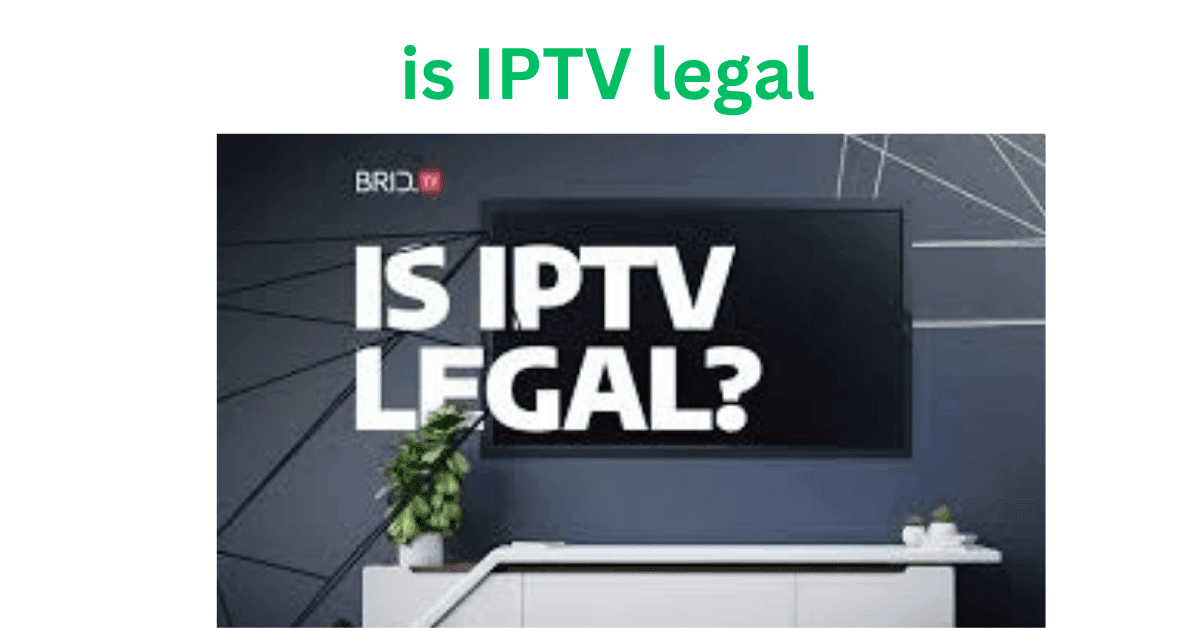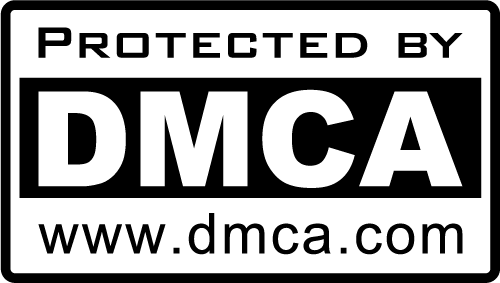
Introduction
Internet Protocol Television (IPTV) is revolutionizing how we consume media, offering a wide range of content at affordable prices. However, the question “Is IPTV legal?” often arises due to the complexities surrounding its operation. In this article, we’ll delve into what makes IPTV services legal or illegal, the role of licensing, and how to ensure you’re on the right side of the law.
What is IPTV?
IPTV, or Internet Protocol Television, delivers television content over the Internet instead of traditional satellite or cable systems. It allows users to stream live TV channels, movies, and series directly on various devices, such as smart TVs, smartphones, and laptops.
How Does IPTV Work?
IPTV transmits video content via internet protocols, offering features like:
- Video-on-Demand (VOD): Access to a library of movies and shows.
- Live Streaming: Watching live TV broadcasts in real-time.
- Time-Shifted Media: Replay or catch-up TV for previously aired content.
Is IPTV Legal?
The Role of Licensing
The legality of IPTV hinges on licensing. Legitimate IPTV services acquire broadcasting rights from content creators and distributors. Without these licenses, offering or accessing IPTV services may violate copyright laws.
Legal vs. Illegal IPTV Services
Legal IPTV Services:
- Operate with proper licensing agreements.
- Examples: Hulu Live TV, YouTube TV, and Sling TV.
Illegal IPTV Services:
- Stream copyrighted content without permission.
- Often provide an abundance of premium channels at unrealistically low prices.
Using illegal IPTV services:
As a user, you are not breaching any laws by streaming content over an IPTV provider. It’s become a popular way to watch TV, with many individuals nationwide using IPTV for their entertainment requirements. The crucial point here is that legal concerns are primarily the responsibility of those providing the service, not those who use it.
How to Identify a Legal IPTV Service
1. Check Licensing Information
Legitimate providers openly disclose licensing agreements or affiliations with content creators.
2. Beware of Unrealistic Prices
If the deal seems too good to be true, it likely is. IPTV services price their packages to cover licensing costs.
3. Look for Trusted Brands
Stick to well-known IPTV providers and platforms reviewed by reputable sources.
4. Investigate Reviews and Reputation
Search for user reviews and avoid services flagged for piracy.
Consequences of Using Illegal IPTV Services
Using unauthorized IPTV services can have significant legal and financial repercussions, including:
- Fines: In some countries, users of illegal IPTV services face hefty penalties.
- Data Security Risks: Unauthorized platforms may host malware or phishing attempts.
- Unreliable Service: Illegal providers often face shutdowns, leaving users without access to content.
The Global Legal Landscape of IPTV
The legality of IPTV varies by country:
- United States: Strict copyright laws penalize unauthorized streaming.
- European Union: Enforcement is intensifying against illegal IPTV services.
- Other Regions: Regulations depend on local intellectual property laws.
Conclusion
So, is IPTV legal? The answer depends on whether the service you’re using complies with licensing requirements. Users of IPTV are not breaking any laws. The widespread use of IPTV systems throughout the nation attests to their legitimacy and appeal to viewers. People who sell or distribute IPTV services without the required authorization are the main source of legal issues. Knowing that you are abiding by the laws, you can watch IPTV with confidence and enjoy its vast world. Recall that using services that adhere to copyright regulations is essential to staying legal and guaranteeing that content producers and rights holders receive fair compensation for their labor.



